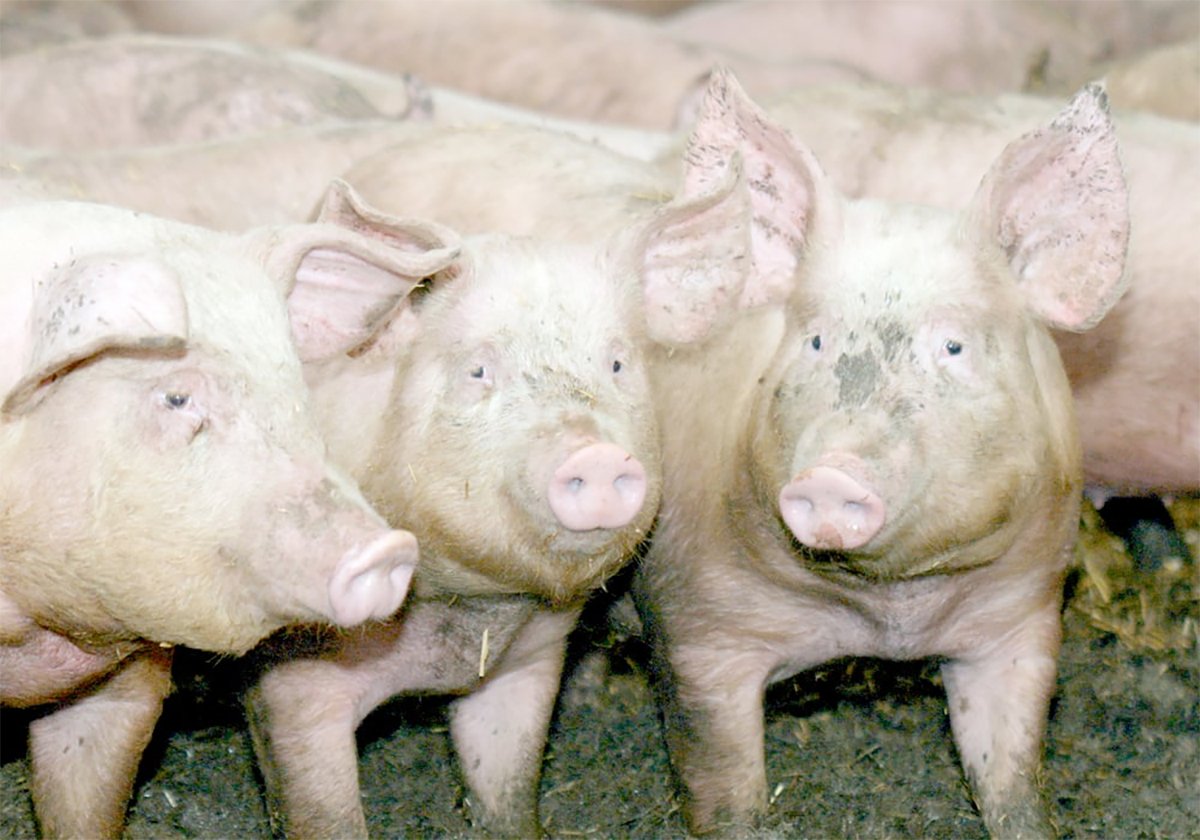Have you seen your cows lately?
The Saskatchewan SPCA asks that question in a brochure it distributes to prevent situations like the one that occurred in northwestern Saskatchewan last month.
Lenard Carpenter of Vermilion, Alta., was fined $1,500 and banned for two years from owning or have custody of cattle in Saskatchewan. He pleaded guilty Sept. 18 in Meadow Lake provincial court to a charge under the Saskatchewan Animal Protection Act.
SPCA executive director Frances Wach said Carpenter’s case is rare and preventable.
He was charged after an Oct. 29, 2004, complaint to the SPCA that cattle coming off a pasture near Loon Lake, Sask., were in poor condition.
Read Also

The Western Producer Livestock Report – October 2, 2025
Western Producer Livestock Report for October 2, 2025. See U.S. & Canadian hog prices, Canadian bison & lamb market data and sale insight.
Investigators discovered at least 16 dead animals. The live cattle rated between one and 2.5 out of five on body condition scores, where a score of one is emaciated and five is obese. Seventy head were missing, and others either died or had to be put down after they were removed from the pasture.
Wach said 24 owners had contracts with Carpenter to custom graze 1,100 cow-calf pairs and 875 yearlings, but the 20,000-acre pasture, primarily aspen forest, had a carrying capacity of only 750 pairs.
Carpenter was charged under the Criminal Code of Canada and Saskatchewan’s Animal Protection Act for neglecting to provide adequate food, water, shelter and care, and for allowing animals to be in distress.
Wach said it’s important that Carpenter be held accountable for his actions.
“He had two-and-a-half times more animals than the land could handle,” she said. “And the economic loss to producers … it’s about a quarter million dollars. We had hoped for a $3,000 fine and a lifetime ban.”
Wach said most producers properly care for their animals and make the necessary adjustments when feed or water is in short supply.
To make sure custom operators do the same, she said owners should take certain steps.
“They should look at the facilities and get an idea of the operator’s management skills,” she said. “Ask for references.”
Properly branding all cattle and visiting the site regularly also help.
Other suggestions:
- Talk to neighbours.
- Check how many cattle the land will support under current conditions.
- Sign a written contract before cattle leave home and have it witnessed.
- Send only healthy cattle.
- Contact the custom operator regularly.
The SPCA handled 483 complaints between April 1, 2005, and March 31, 2006; 255 were on farms.
Fifty-five of the complaints required education of the owner or caregiver, corrective action or both.
Another 20 percent of the complaints were unfounded, 17 percent were inconclusive, six percent required seizure or charges and two percent were turned over to other agencies.
Wach said the lower number of more critical cases shouldn’t fool people into thinking there isn’t a problem.
“All abuse and neglect is severe,” she said.
Anyone who suspects animal neglect or abuse can contact the SPCA at 877-382-7722.

















